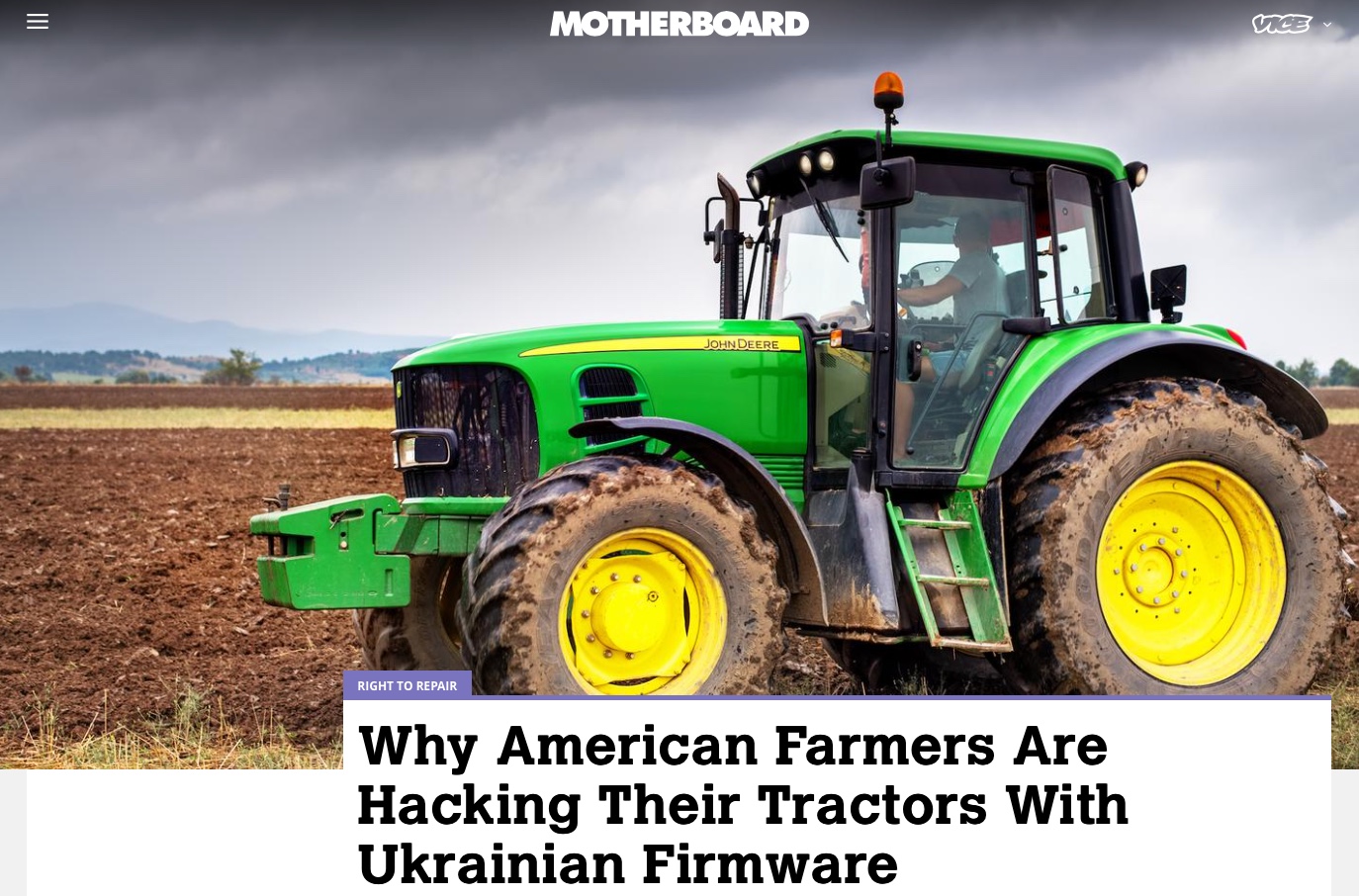Medic21
Minister of Fire
The Unimog folks like me are limited to 25 year old Mercedes stock, no computers. There were a few rare newer ones that came in legally with computer emissions and they are/were reportedly problematical. The bummer is port injection is a real nice way of bumping horsepower and torque but in order to justify the costly addition of the equipment tighter emissions go along for the ride. More than a few folks have been caught reprograming the systems to defeat the emissions and boost the HP. The guys on the Diesel Brothers cable show got tagged for that at some point.
Farmers are not totally blameless for this situation, they are a major emissions source and EPA has deemed they need to be controlled but reportedly many farmers were defeating the DEF systems and particulate traps to save fuel , DEF and particulate filters. Unlike cars there are no good ways to assure that offroad equipment gets routinely tested. On road vehicles can be tested as a condition of annual inspection or just randomly at truck safety checkpoints.
One of the big engine firms, Cummins? tried to work around DEF and ended up almost going bankrupt as the engines barely ran and could barely meet emissions.
Cummins has a non DEF engine for on road in Europe doing very well. What the have done very well is the Ecofit system in the states. No more hp robbing egr valve and that increases fuel economy by 20% and HP by 12%. Europe is on stage V for emissions while we are at stage IV. There are no plans for stage 5 here, yet. Cummins does better than any other manufacturer in the US.
I been researching motorhomes and they have the same problems. I guess Cat had so many problems with their motors they quit making everything but off road motors which don't have to meet the smog bs.
CAT decided to save their credits, manufactured had so many available before becoming compliant, for off road development. They quit making the on road version which was always a step ahead of off road so they could prolong the introduction of emissions in their main market, off road.


